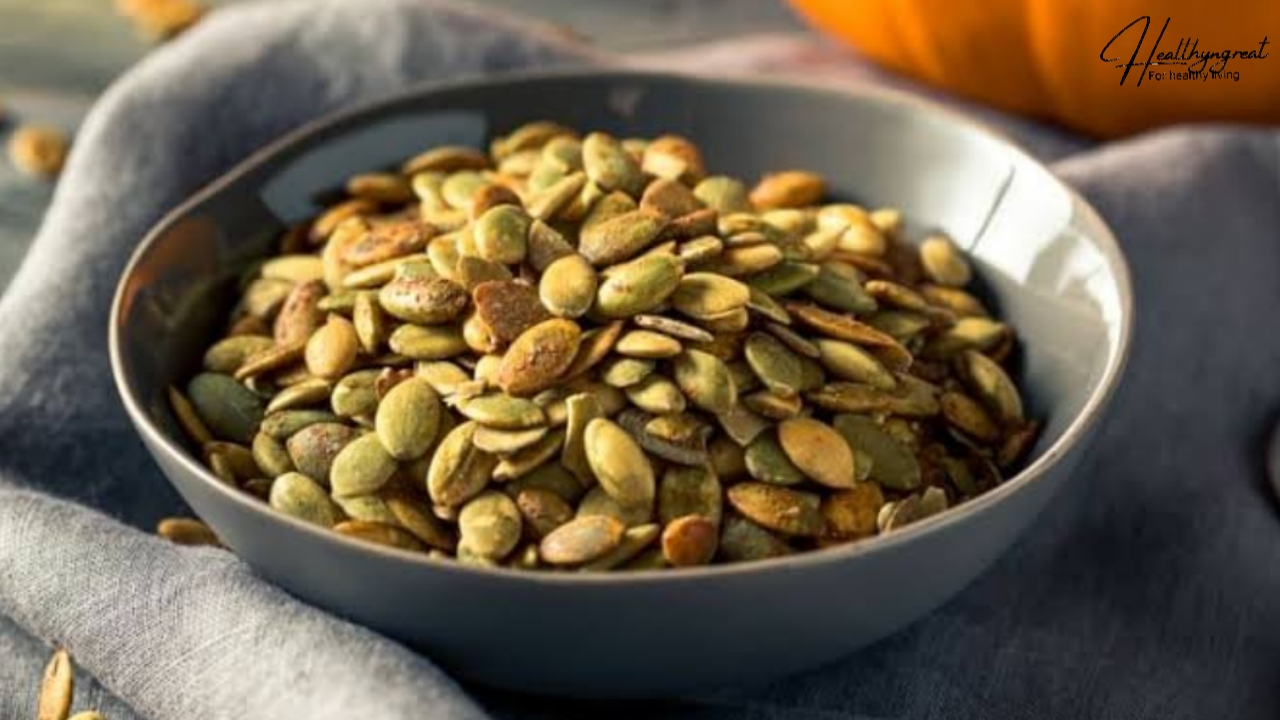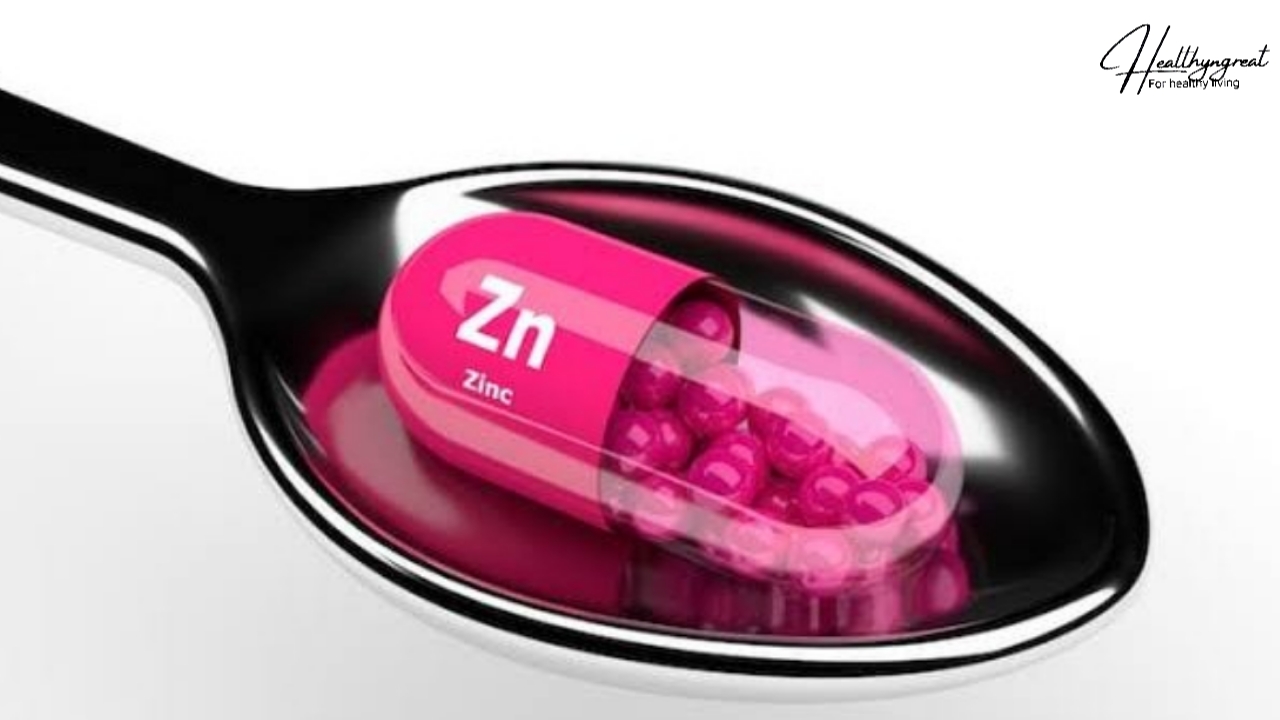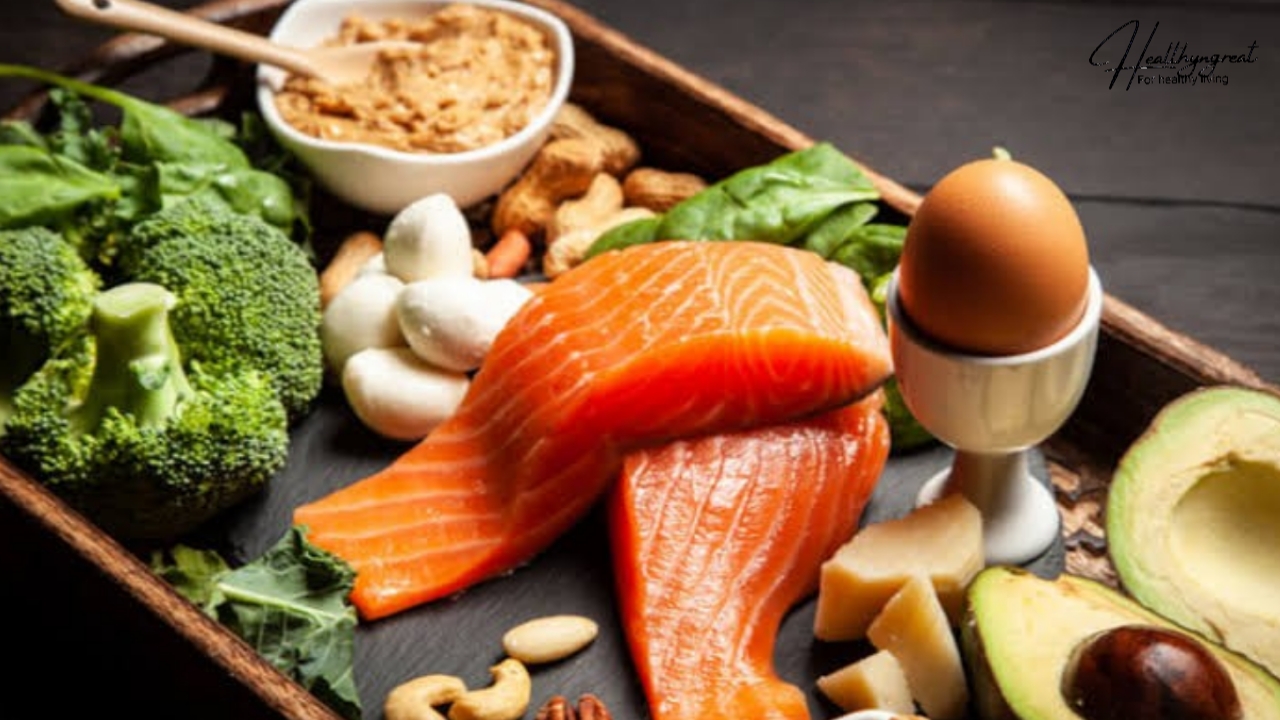Zinc: Benefits, Deficiency, Food Source And Recommend Amount
Zinc is one of those minerals that our body need more than any other minerals, and it's for a simple reason, because your body doesn’t naturally produce zinc, you must obtain it through food or supplements.
Studies have shown that zinc plays a vital role in proper functioning of more than 300 hormones and countless enzyme systems in the body. Moreover they are also vital for cells to divide and replicate during the production of new tissues.
It not only help to boost your immune system and metabolic function but is also important to wound healing and your sense of taste and smell. Without adequate amount of Zinc it’s possible to experience negative reactions like frequently getting sick, poor concentration, stunted growth, feeling like you’re always tired and run down, and poor wound healing.
So it's okay to assume that zinc administration is beneficial for most of the population, especially those with suboptimal zinc status.
Read on to find its functions, health benefits and dosage recommendations but before let us understand what is zinc?
What Is Zinc?
Zinc or Zn, a mineral straight out of your periodic table is a trace mineral that is considered one of the most important nutrient for human body. Zinc plays a role in a gamut of homeostatic, catalytic, and molecular functions.
According to studies a deficiency of zinc can lead to dysfunction of all immune cells, increased risk for infectious diseases, autoimmune disorders, and cancer. [1]
Here are some more function performed by zinc:
- Gene expression
- Enzymatic reactions
- Protein synthesis
- DNA synthesis
- Wound healing
- Growth and development
You can find this essential nutrient in abundance in nuts, seeds, shellfish, meat, and legumes. There are times where additional supplemental zinc may be helpful.
Top Health Benefits Of Zinc
1. Boosts Your Immune System
A strong immune system is no less than any super hero power. It not only keeps you healthy but will also improve your metabolism.
Zinc is one of those vital nutrient that is really essential to activate T-cells, that is important for two main reasons fight infections & Cancer causing cell, which further help to control and regulate immune responses.
In a review of seven studies it was found that zinc may reduce the length of the common cold by up to 33, only by taking 80–92 mg of zinc per day. [2]
A deficiency of zinc can result in diminished amounts of white blood cells and reduced ability to fight infection and heal wounds. This explains why zinc supplements are often recommended for fighting colds and flu.
Also Read: Eat these 8 food for healthy immune system
2. Decreases Inflammation
Chronic inflammation over time can result in damage to the cells. Zinc play an important role in decreasing oxidative stress and reducing levels of certain inflammatory proteins in your body. [3]
Another study conducted at Oregon State University have found that, you can reduce the risk of inflammatory disease simply by improving zinc status. [4]
Moreover zinc perform a similar function as an antioxidant in the body, that helps in lowering the effect of inflammation and oxidative stress. On other hand a deficiency in zinc is linked to number of disease like increased inflammation in chronic disease while triggering new inflammatory processes.
Also Read: 7 healthy food high in antioxidants.
3. Accelerates Wound Healing
Have you ever noticed that zinc is one common element that is used in almost every medicine or drug, from treatment for burns to certain skin injuries. [5]
Zinc is effective due to it's property of production and remodeling of collagen (a type of protein that maintains the structure in skin and other kinds of connective) which helps in boosting tissue growth in and around a “wound bed, which leads to healing of wounds.
Moreover zinc is also beneficial for reducing inflammation that helps in production of collagen as well as boosting your immune health. On other hand a deficiency on zinc can slow wound healing.
4. Zinc Help Treat Common Cold
Flu or cold both are irritating and don't go easily. However this superhero elements can also help treat common cold. In fact in a study it was found that zinc can cut down the length of a cold by 40 percent. [6]
Moreover a 2017 study published in The Journal of the Royal Society of Medicine found that participants who took zinc lozenges at the onset of symptoms were sick for two-thirds of the time as a control group. [7]
5. Other possible zinc benefits
Zinc may also be effective for the treatment of:
- Preventing and treating pneumonia
- May help treat acne
- Improve hair health
- Gastrointestinal Problems
- Macular Degeneration
- May improve mood
- Keeps your metabolism strong.
- Improve your eyesight
- Improve brain function and memory
- Help boost testosterone
Deficiency Symptoms
Zinc deficiency is not something that is seen usually, in some rare cases you may find a deficiency in zinc level. There are some special cases like rare genetic mutations, people with alcohol addictions and anyone taking certain immune-suppressing medications have chances to find zinc deficiency.
A person with deficiency of zinc has following symptoms impaired growth and development, skin rashes, chronic diarrhea, impaired wound healing and, delayed sexual maturity. [8]
Those at risk of zinc deficiency include:
- Vegetarians and vegans
- Pregnant and breastfeeding women
- People with sickle cell anemia
- People who consume alcohol
- People who are malnourished, including those with anorexia or bulimia
- People with gastrointestinal diseases like Crohn’s disease
- People with chronic kidney disease
Where to find them?
You can find this superhero nutrient in most of the animal and plant foods. It is important to remember that incorporating these healthy food will provide more benifits then going for zinc supplement.
Food are great source of protein, fiber, antioxidants and other essential nutrients that will not only keep you full but will also improve your energy level. Include these food for getting all those benefits.
- Shellfish: Oysters, crab, mussels and lobster
- Red Meat: Beef, pork and lamb.
- Poultry: Chicken and turkey
- Fish: Sardines, salmon and sole
- Legumes: Chickpeas, lentils, black beans, kidney beans, etc.
- Nuts and seeds: Pumpkin seeds, cashews, hemp seeds, etc.
- Dairy products: Milk, yogurt , eggs and cheese.
- Whole grains: Oats, quinoa, brown rice, etc.
- Certain vegetables: Mushrooms, kale, spinach, peas, broccoli and beet greens
Dosage Recommendations
Recommended intake of zinc from all sources varies by age, sex, and pregnancy status. It is important to consult your doctor about the dosage of zinc. As an over consumption can lead to various health complications.
- New born up to 6 months: 2 mg/day
- Children 7 months to 3 years: 3 mg/day
- Children 4 to 8 : 5 mg/day
- Children 9 to 13: 8 mg/day
- Girls and women 14 to 18: 9 mg/day
- Boys and men age 14 to older: 11 mg/day
- Women 19 and older: 8 mg/day
- Pregnant women 19 and older: 11 mg/day
- Lactating women 19 and older: 12 mg/day
A Word From Healthyngreat
Every mineral and nutrient has its particular role, some of these minerals may be produced within our body and some are not. It is important to take good care of your diet and learn what's best for your health.
You must remember that anything taken in moderate can be benificial, but if you overdose it, that may lead to dangerous side effects. If you are new to our blog and prefer our statistics please subscribe us and follow us and you will be notified everytime when we post something new.
Stay healthful
Live satisfied











Post a Comment
0 Comments
If you have any doubt please let me know.